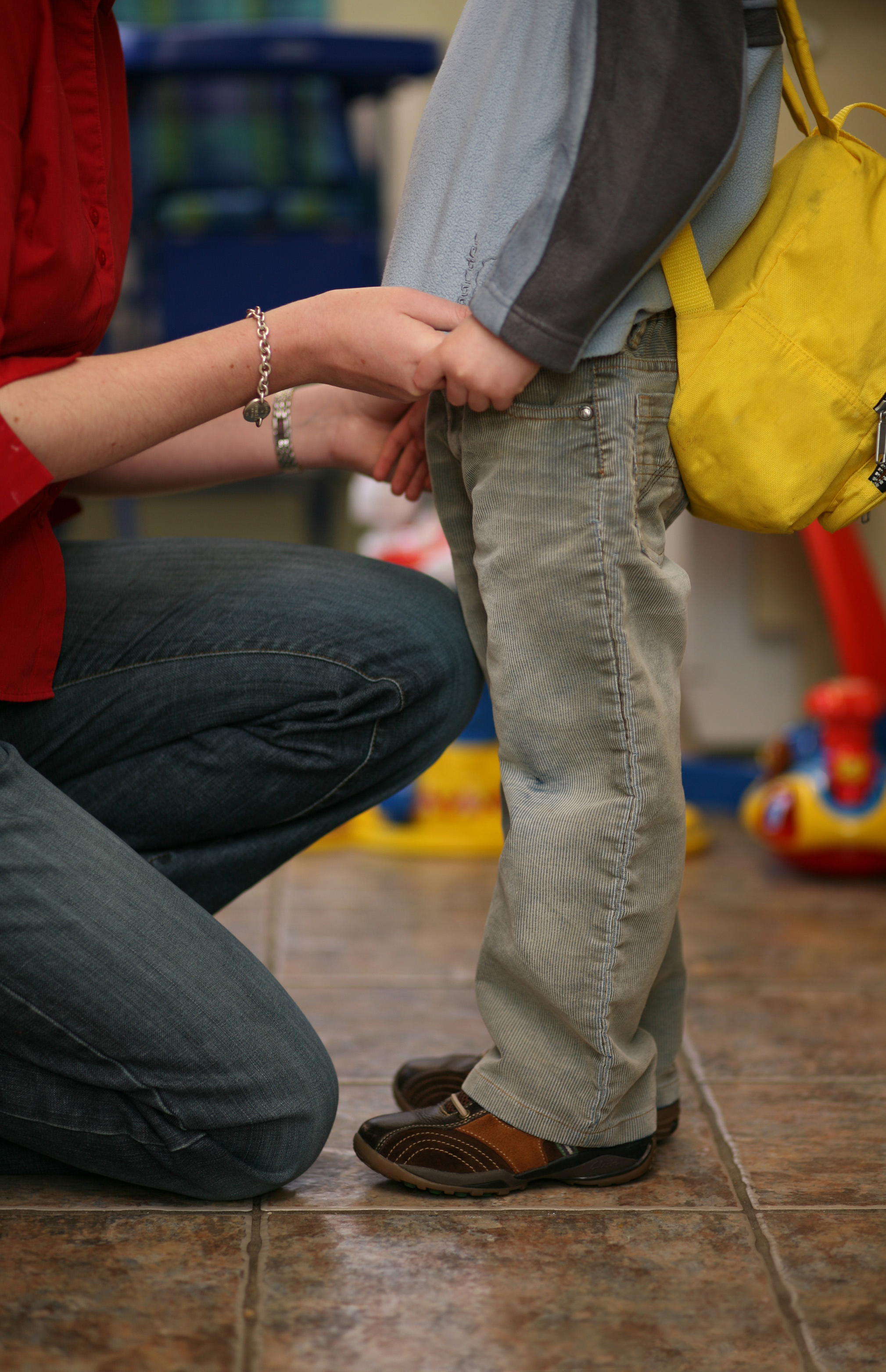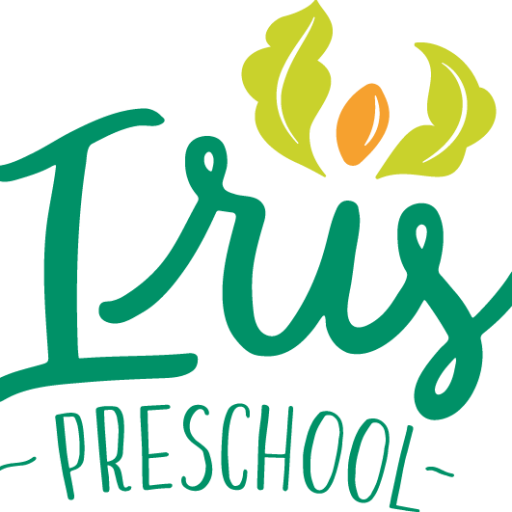
It’s a major milestone, starting school for the first time. Whether it’s preschool or kindergarten, that first school experience can be exciting — and scary. It can be a big adjustment for parents, too! Here are some tips to help ensure a smooth transition for everyone.
- Talk about it. This sounds obvious, but we should never underestimate the power of narrative to reassure and empower. Talk about what the day will be like, about what you will do to get ready, how your child will get to school, what they will do, and how the school day will end — as well as what will happen when they get home. Read books together about going to school. Be very positive and supportive.
- Go shopping together. There’s nothing like picking out a lunchbox or backpack, or a few outfits or some new shoes, to make starting school more exciting. They should be put aside and only used when school starts, to keep them extra special.
- Start planning — and trying — some healthy snacks and lunches. This is especially true if you have a child who is very picky, or one who is used to hot lunches or other things that don’t work so well when packed for school. Try out some new fruits and vegetables with a dip like hummus (you can buy some containers for holding dip), some sandwiches (cut them in fun shapes), or wraps or stuffed pita. Look for recipes. Trying them ahead of time will not only be fun practice for school, it will help you figure out what will work and what won’t.
- Get your child on a sleep schedule that will work for school. This is incredibly important, and many families start it too late (or don’t do it at all). Your child should preferably sleep nine to 10 hours every night. So figure out what time they will need to get up for school, count back 10 hours, and then start an hour before that with turning off screens and having calming routines. For example, if your child needs to get up at 7 am, they need to be in bed no later than 9 pm — which means all screens should be off, and activities should be things like reading stories or playing quietly, after 7:30 or 8 pm. Start this at least a week before school starts, preferably two or more weeks, so that your child adjusts to the routine (and you do too!).
- Plan ahead for all the changes in routine. Sit down and think things through. Maybe it would help to lay out clothes for everyone the night before, or make some casseroles on weekends to heat up quickly on busy days. The more you plan out the week and have things ready, the easier it will be on school days. You also may want to figure out back-up childcare or pick-up plans, if they will be different from what you have done before. You don’t have to think through every possible scenario (as if that’s even possible), but doing some advanced planning can make a big difference.
- Don’t overschedule your child (or yourself). It’s tempting to sign up your child for lots of activities, and to think that with your child in school you will have time for that extra project at work. Activities can be great, and you may indeed have more time, but don’t get overambitious, especially at the beginning. Besides the fact that kids need downtime, the transition to school can be stressful all around. Keep the schedule light until everyone gets their sea legs.
- Get to know the school community, if you can. Take advantage of any get-togethers offered by the school, or set up some of your own. If you know some of the children your child will be at school with, see if you can arrange some play dates or meet somewhere like a local park. That way your child will start school already having some friends, and you’ll get to know their parents.
If your child has a chronic health problem like asthma, call the school (or school department, if it is a public school that is closed for the summer) to let them know and find out what authorizations and prescriptions you should bring to school. That way you can have everything ready for the first day.
Don’t forget to take a big breath, enjoy yourself, and be proud. This is a milestone worth celebrating.
